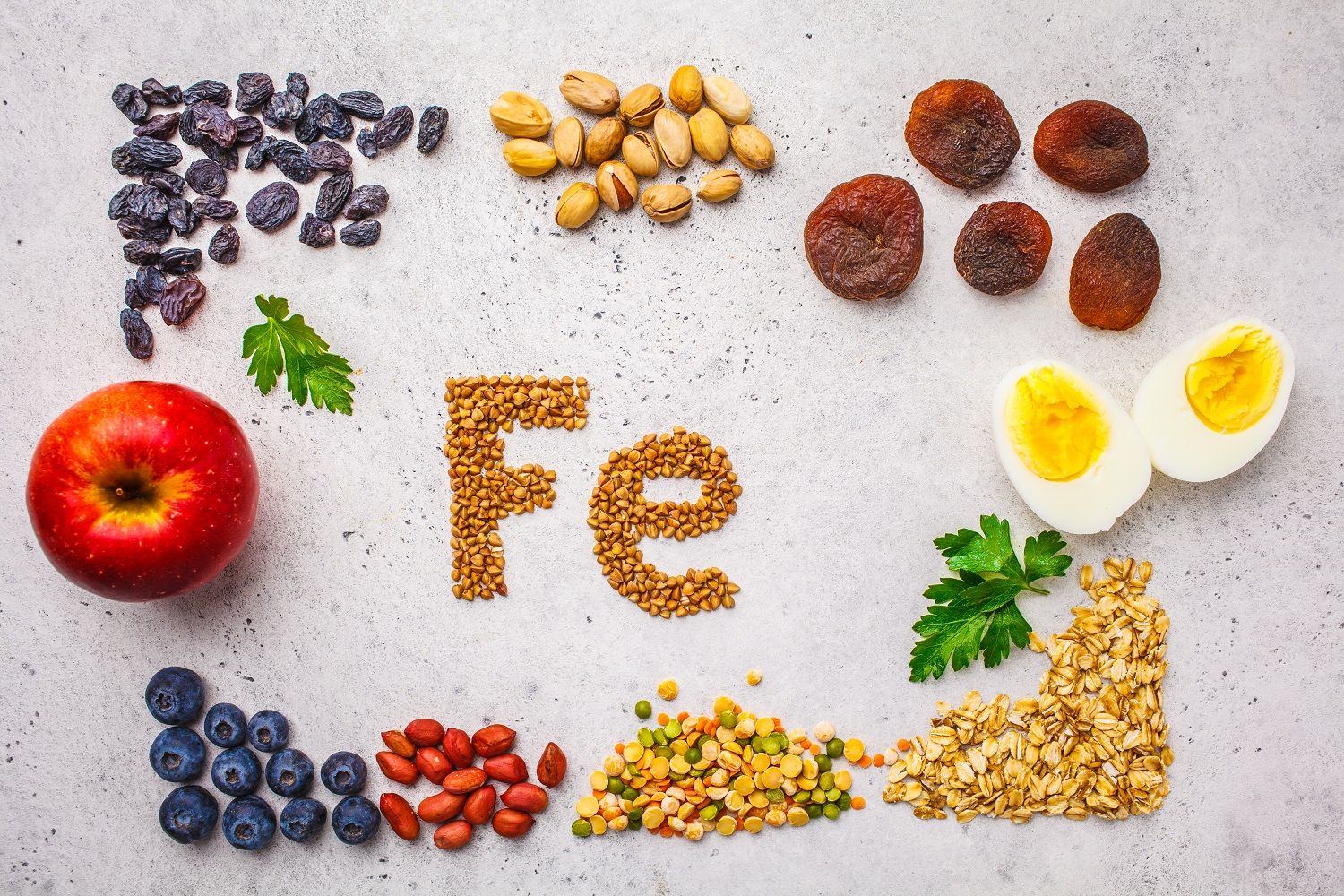You're pregnant! Congratulations!
While pregnancy is an exciting time, it is also a time when you may have many questions and concerns. On this page, we have put together information and resources to help you take care of yourself (and baby!). We are glad to be able to share the medically reviewed information with you but remember: nothing takes the place of regular visits with your health care provider for prenatal care.
If you are still looking for a physician, please consider Good Neighbor Community Health Center and Good Neighbor Fremont. We have contracted with highly qualified OB providers who look forward to working with you to help make your pregnancy a happy and healthy one.
To make an appointment or for more information, please call (402) 562-7500 (Columbus) or (402) 721-0951 (Fremont).
Anemia

What is anemia and why am I being tested for it?
Red blood cells carry hemoglobin, an iron-rich protein that
attaches to oxygen in your lungs and carries it to tissues
throughout your body. When your body needs more iron that it
has available, you become anemic.
During pregnancy, the amount of blood in your body increases
by about 20-30 percent. This increases the amount of iron and
vitamins needed to make hemoglobin. Many women do not have
the amount of iron needed for the 2nd and 3rd trimesters of
pregnancy.
What are the dangers of being anemic?
Mild anemia is normal during pregnancy due to an increase in
blood volume. More severe anemia can put your baby at higher
risk for anemia later in infancy. Mothers who are significantly
anemic during their first two trimesters are at greater risk for
having a pre-term delivery or low-birth-weight baby. Being
anemic can also increase the risk of blood loss during labor and
make it more difficult to fight infections.
What are the risk factors for anemia?
You are at higher risk for anemia during pregnancy if you:
• Have two pregnancies close together.
• Are pregnant with more than one child.
• Are vomiting frequently due to morning sickness.
• Do not get enough iron.
• Have a heavy pre-pregnancy menstrual flow.
How do I know if I am anemic?
Many anemia symptoms are like those you may regularly
experience during pregnancy, including:
• Feeling tired or weak
• Skin becoming more pale over time
• Rapid heartbeat
• Shortness of breath
• Trouble concentrating
Good nutrition is very important in helping to prevent anemia. Eating foods high in iron content (such as dark green leafy vegetables, red meat, fortified cereals, eggs, and peanuts) can help ensure that you maintain the supply of iron your body needs.
Your obstetrician will also prescribe vitamins to ensure that you have enough iron and folic acid. Make sure you get at least 27 mg of iron each day. If you do become anemic during your pregnancy, it can usually be treated by taking iron supplements.
At Good Neighbor, your health care providers will do several tests to check the percentage of red blood cells in your plasma and the amount of hemoglobin in your blood. These are indicators of whether you are at risk for becoming anemic.


